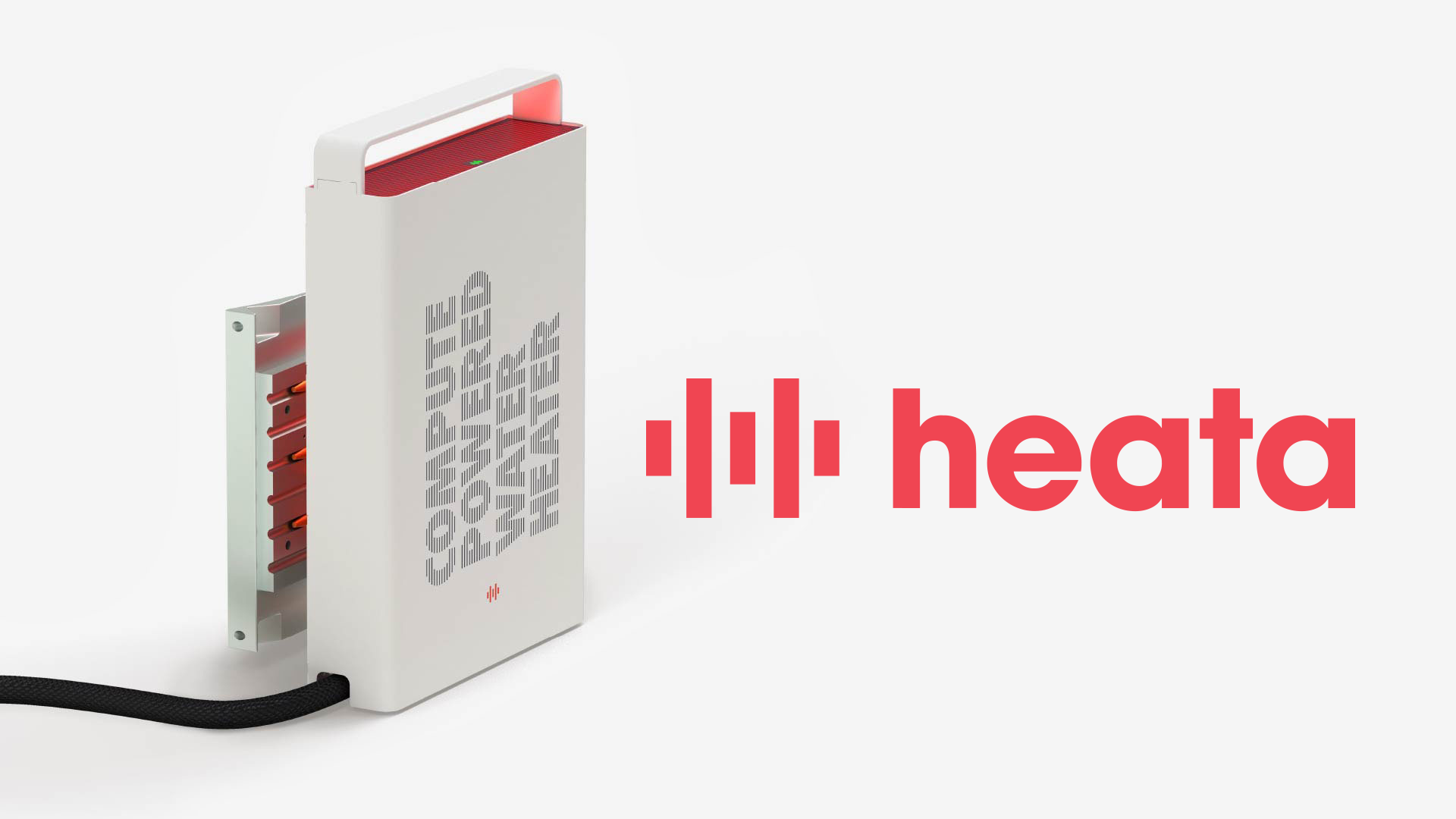Those impatient to sell their soul needn’t waste a second more: the ultimate Faustian bargain for our modern age has arrived, courtesy of UK “green distributed compute network” Heata (opens in new tab).
The offer (opens in new tab) (via Tom’s Hardware (opens in new tab)) is deceptively simple. You let Heata install a water-heating server unit next to your existing hot water cylinder, and it’ll provide up to 4.8kWh of free hot water a day (80% of a UK household’s daily use, apparently) for an entire year.
This is done simply by letting businesses use the server for cloud computation while the unit scoops up waste heat.
Dubious server installations
In theory, it sounds like a strong concept, given that it currently costs a pretty penny to heat a home. And so you may be tempted to let a company that claims to be committed to stamping out fuel poverty (opens in new tab), and able to save you “up to £200 a year (opens in new tab)“, help out.
Except that the company began within, and still has investment links to, British Gas, which is hardly struggling to make ends meet right now.
As I write in February 2023, British Gas’ parent company Centrica has recorded record profits of £3bn for 2022 (opens in new tab) amid the ballooning cost of energy, so maybe reconsider whether this is a totally selfless act.
But beyond this trifling ‘critical thinking’ business, the server has to connect to your router. And while “most of the time” it’ll only be reporting monitoring information and performing speed tests, you’re still taking Heata’s word on that, and leaving an unfamiliar device constantly connected to your network.
Heata claims it will reimburse trial participants for electricity, but, for broadband, they may be out of luck in the short term. Its brochure (opens in new tab) claims that, eventually, the server will be capable of its own connections via 4G, 5G, or a fiber line. But for now, you’ll have to trust them when they say it’ll only use up a “fraction” of your bandwidth.
The company also gracefully assures prospective trial users that they won’t be able to access or connect to the device to, say, mine cryptocurrency on it. That’s all well and good, but like any server, it’s theoretically not impossible that a persistent threat actor could gain access for themselves.
You also don’t know what the businesses using Heata’s servers are using them for, so it depends if you’re a hear/see/speak no evil sort, really.
We’ve contacted Heata to get some clarification on these points, though, and will update this article if we hear back.
Nothing will change that the offer comes with several caveats that you ought to be aware of and could make you the product, but the social and environmental benefits of the idea are theoretically sound: businesses are discouraged from using electricity-guzzling data centers, and you reap the benefits for (not quite) nothing.
Plus, times are hard, and help is even harder to come by, so, if you feel you’re out of options for financial support for the cost of living, this could be an option for you.
And although the Heata trial is backed by the UK government, it’s only currently available (per The Register (opens in new tab)) to those in South East England with an internet connection, leaving most of the country without direct financial support towards paying the bills, in the middle of a crisis that the government seems to be cheering on (opens in new tab).
And that’s just it: companies being left to test their (invariably) “novel”, “innovative” and – this last one is Heata’s – “groundbreaking” technology initiatives on the poorest in society, just so they can dare to live, is probably a Ray Bradbury story, and objectively bleak.
Get the landmass binned.





